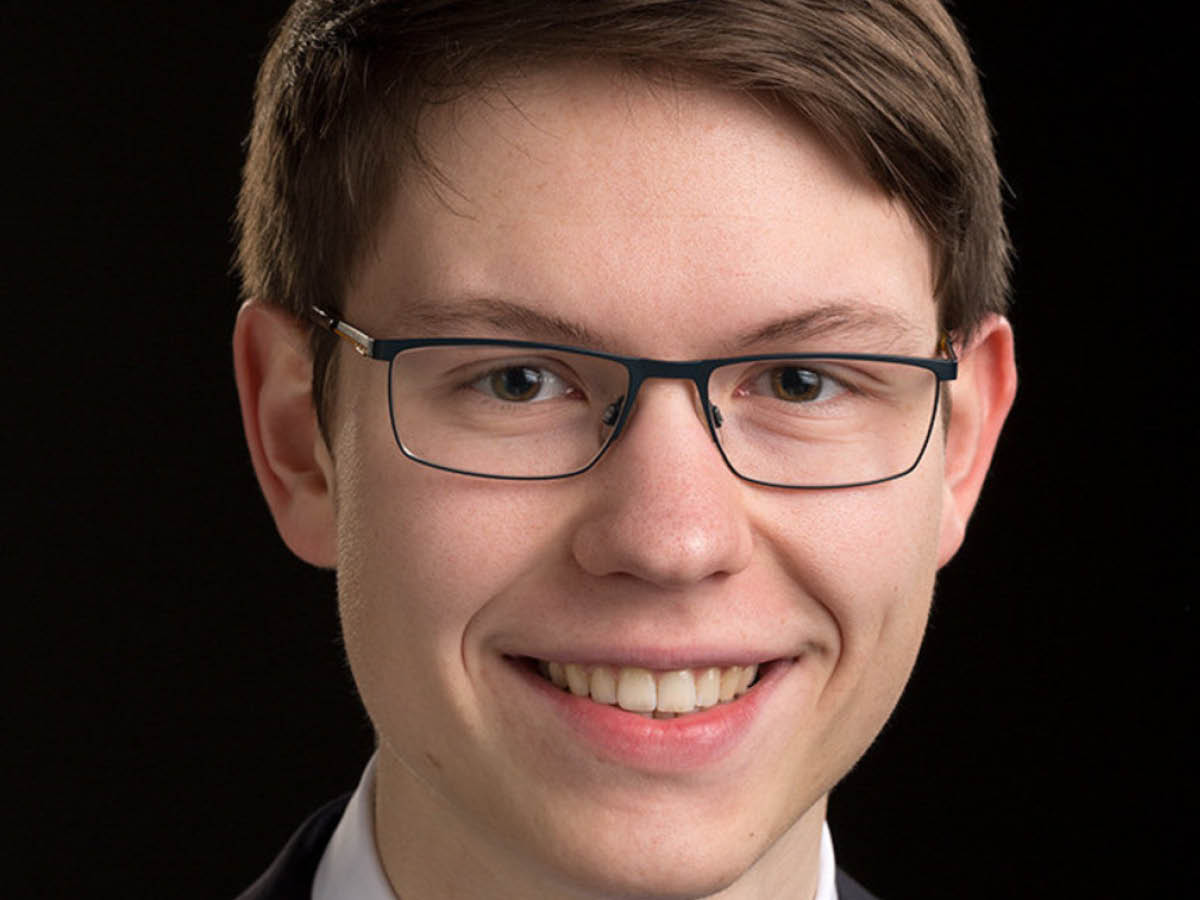
Louis Steinmeister
Dissertation Topic:Generation of insights out of digital customer interaction by developing a validated framework using state-of-the-art analytical methods in the semiconductor industry
Company: Infineon Technologies AG
Supervisor: Tim Lauer, Infineon Technologies AG
Doctor Father: Prof. Dr. Markus Pauly
email: steinmeister@gsoflog.de
4 Questions
Which topic are you working on?
I am researching statistical and machine-learning methods to aid early conceptual product design choices. One of my focus areas is the modeling and forecasting of technological growth. This impacts two important factors: 1) what will be the technology of tomorrow and when should it be adopted, and 2) how will technology diffuse through customer markets, and what will this mean for potential demand? To answer these questions, I am currently focusing on logistic growth models. These have originally been introduced by Verhulst in the early- to mid-18th century in an effort to model population growth. Since then, it has been found that there are a multitude of applications for this, and related, models across diverse fields of study. Despite its popularity, there have been few efforts to develop statistical inference methods for it. Especially uncertainty quantification, however, is essential to gauge the associated risks and to engage in scenario planning.
Why did you decide to do a cumulative PhD?
The decision of whether to pursue a cumulative Ph.D. or a monography depends highly on the context of the dissertation. I am pursuing a Ph.D. in statistics. A cumulative Ph.D. is quite common in this field. My dissertation focuses on the statistical and machine learning methodology and implementation. There are several aspects in which such models can contribute to conceptual design decision-making, and that is what unifies them. But in the end, the models and their immediate objectives can differ from one another. This makes progressively publishing during my Ph.D. a natural choice.
Why are you doing your doctorate?
A doctorate has several benefits, in my view. You get to spend time answering questions that you are passionate about. At the same time, you build unique and valuable skills. You show that you can independently direct your energy toward the completion of a multi-year project, acquire the required knowledge along the way, and deal with setbacks. You also spend considerable time learning to conduct thorough research. These are rare skills that are not only valuable in academia.
Why did you decide to do a PhD within the framework of GSofLog?
The framework of the GSofLog is unique in that it is fully funded by the industry. I always sought to apply theory to give me an edge in practice. Having an industry partner also brings the perspective of real-world issues. This can be highly motivating because you get to see the value and the impact your research is having. Additionally, you learn to navigate the corporate landscape and gain practical experience that you wouldn’t if you pursued a purely academic program. In essence, you get the best of both worlds.